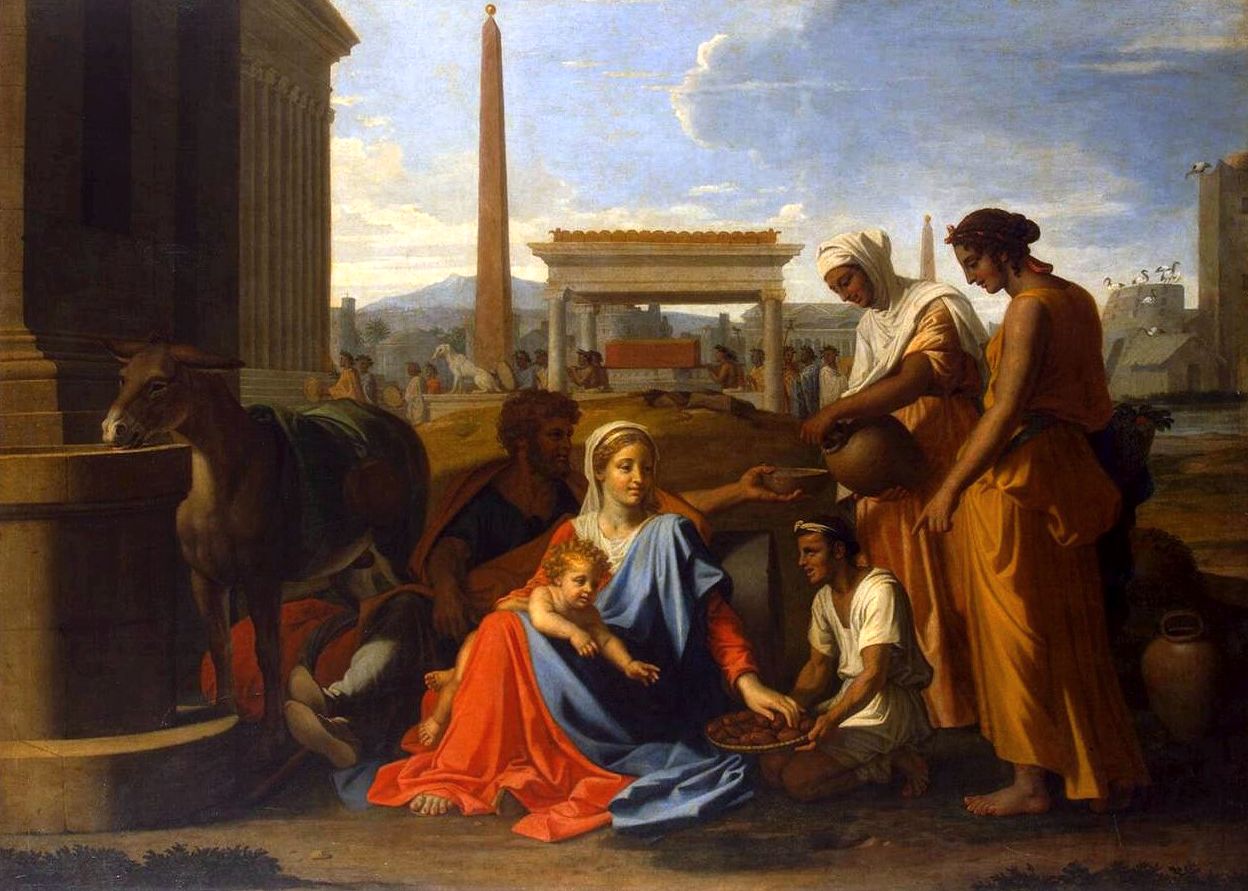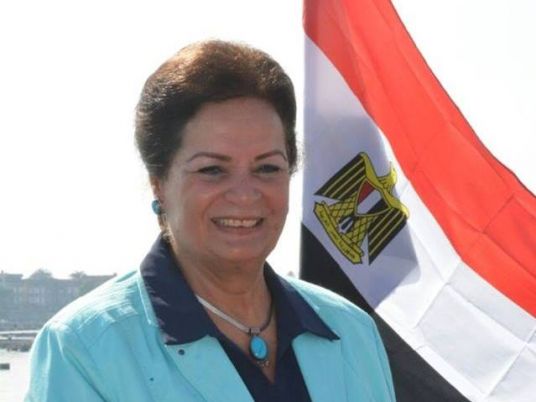Egypt's Ministry of Tourism plans to welcome the return of Iranian visitors through a religious tourism cooperation project that is pending security approval. The project was proposed by Sufi leader Muhammad Alaa Abu al-Azayim, but has raised objections from Salafis regarding the spread of Shia Islam.
Assistant Minister of Tourism Hesham Za’zou’ told Al-Masry Al-Youm that the ministry seeks to open new tourist markets for Egypt, pointing out that the dossier of Iranian tourism has a special status. Both the Ministry of Foreign Affairs and security agencies will handle the project.
Samy Mahmoud, head of international tourism at the Tourism Promotion Agency, said that according to studies about the Iranian market, the agency estimates Iran could send up to 500,000 tourists to Egypt annually. Those who visited would spend an estimated average of five to six nights, with a total average expenditure of LE 30 million per night.
Azayim said that during his meetings with the Egyptian popular delegation in Iran, he proposed to Iranian officials that they send tour groups to Egypt, adding that Ali Reda Zakir, the governor of Asfahan, promised to direct 3 million Iranian tourists to Egypt every year if the Egyptian government approves the project.
Azayim added that 10 Iranian travel companies have said tourists are eager to visit holy sites here, and that they can organize groups of 100,000 tourists every month. Egypt has more tombs than Turkey and Syria and they are spread across the governorates, according to the companies, Azayim said.
But Khalid al-Said, a Salafi spokesman, said that Iranian tourism will spread corruption in Egypt by spreading the principles of Shia thought, which violates Sunni thought. Said warned that if the project is approved, Salafis will take peaceful measures and organize media campaigns to preserve Egypt’s Sunni Muslim character.
He called on Prime Minister Essam Sharaf’s government to put an end to the project, describing it as the “biggest danger to Egypt’s national and political security.”
Translated from the Arabic Edition




